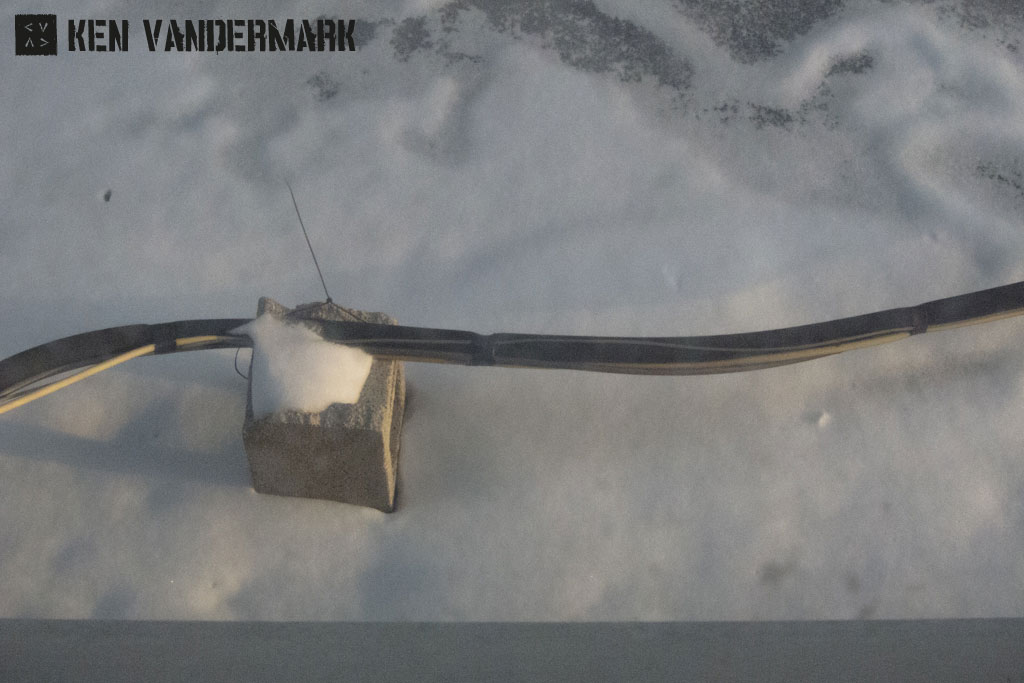

One of the main services a record label gave an artist was the distribution of their music. Now most record stores are gone and most people who still buy albums do so online. In addition, and more significantly, the former difficulty of getting a record to a listener in Poland (for example) has now evaporated. Anyone with access to a computer and the internet can listen to anything in recorded history if they want to, from whatever country it was made and from whatever artist/period. How much can the labels offer in regards to helping with distribution today?
Also, musicians can now be seen as well as heard, thanks to YouTube; all for free. I personally have never downloaded a recording, it doesn’t interest me (as mentioned I’m old fashioned and like albums), but I have looked at YouTube on a regular basis and am particularly happy that I can watch incredible, historic footage of some of my favorite artists. Distribution was one of the biggest challenges facing an artist until the 21st century, now it’s no longer a problem. And because the supply of music is so vast, so much is accessible which, combined with the issues of consumer perception created by the major labels, the value of recorded music has dropped significantly. Interestingly, this seems to have encouraged a return the emphasis of live performances, for all kinds of musicians.
A few years ago I had a talk with Eagle-Eye Cherry in Stockholm at one of my gigs (he had seen the DKV Trio in Sardinia at a celebration of his father’s music a couple months earlier). He’s definitely coming from another music scene than I, but he described how the seismic changes in the music industry had forced artists in the popular music world to get back on the road- he told me how it had been more cost efficient to sell records than go on tour as things moved into the new millennium, but now to survive groups had to play concerts again.
Perhaps it is because of the value inherent in what you can’t own, what you can’t access anytime you want- the experience of being in a room with other listeners hearing music as it was originally meant to be heard: in concert. For the musicians working on the new Jazz and Improvised Music scenes, a return to this focus on concerts is extremely positive- this is where the music happens and where it’s developed- in the process of performance night after night. I look at the transformation in distribution and the potential return to an emphasis on live music as both incredibly encouraging. The artists just need to figure out how to make the move to new paradigm while the ground keeps sliding under our feet. We’re in transition and it’s exciting to be a part of it. Solo from Sao Paulo:
© 2024 Ken Vandermark – musician & composer | Disclaimer